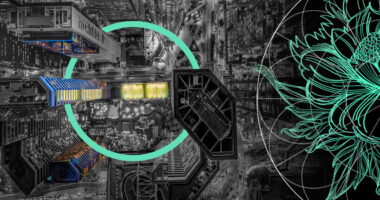Blockchain Benefits
Blockchain key benefits: Enhanced security, Greater transparency, Instant traceability, Increased efficiency and speed and Automation.
Blockchain can significantly change how your critical information is viewed. By creating a record that can’t be altered and is encrypted end-to-end, blockchain helps prevent fraud and unauthorized activity. Privacy issues can also be addressed on blockchain by anonymizing personal data and using permissions to prevent access.
Without blockchain, each organization has to keep a separate database. Because blockchain uses a distributed ledger, transactions and data are recorded identically in multiple locations. All network participants with permissioned access see the same information at the same time, providing full transparency. All transactions are immutability recorded, and are time- and date-stamped.
Traditional paper-heavy processes are time-consuming, prone to human error, and often requires third-party mediation. By streamlining these processes with blockchain, transactions can be completed faster and more efficiently.
Transactions can even be automated with “smart contracts,” which increase your efficiency and speed the process even further. Once pre-specified conditions are met, the next step in transaction or process is automatically triggered. Smart contracts reduce human intervention as well as reliance on third parties to verify that terms of a contract have been met.






